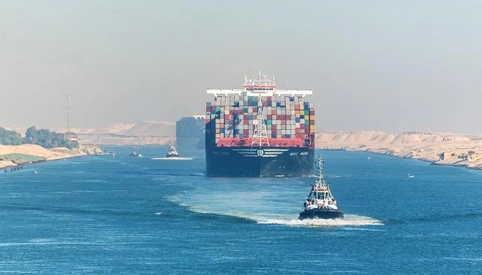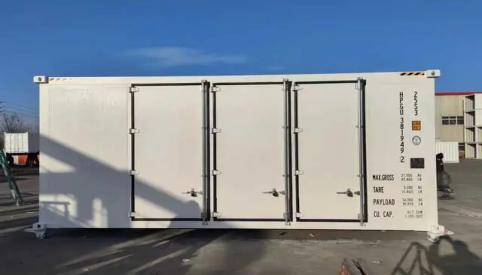2024/04/16
In the early hours of March 26th, a cargo ship collided with the Francis Scott Key Bridge in Baltimore, Maryland, causing vehicles on the bridge to plunge into the river and leading to the suspension of port transportation, severely impacting the shipping industry. The container vessel "DALI," operated by Synergy Marine Group, and chartered by Maersk, was involved in the incident. Maersk has confirmed that there were no crew members or personnel aboard the vessel at the time of the accident.

Supply Chain Disruptions:
The collapse of the bridge in Baltimore, Maryland, will significantly disrupt freight transport at the port, particularly for automobiles and crude oil shipments. This port serves as a vital gateway for specialized cargo and bulk commodities, playing a pivotal role in the supply chain. With components sourced globally, delays in freight are anticipated to impact industries such as automotive that rely on timely deliveries.
Rising Transportation Costs:
Companies are compelled to seek alternative routes to bypass affected areas, potentially leading to higher freight costs for shippers. Increased freight costs result in price hikes, impacting both businesses and consumers alike.
Regional Economic Impact:
Baltimore Port serves as a crucial economic gateway for the region, supporting thousands of jobs and businesses. The logistics disruption caused by the bridge collapse will trigger a ripple effect on the local economy, resulting in unemployment, reduced commercial activities, and potentially decreased consumer spending.
Consumer Impact:
Consumers may face delayed deliveries and price hikes due to the bridge collapse. Products requiring prompt delivery, such as perishable goods and high-demand items, will be most severely affected.
Impact on Container Shipping:
Baltimore Port, a significant hub for container shipping, has experienced operational interruptions due to the bridge collapse. Over 40 vessels are stranded at the port, with at least 30 others originally destined for it. The incident has halted container shipping operations.
Baltimore Port, one of the smallest container ports on the US East Coast, handled 265,000 containers in the fourth quarter of last year. Containers bound for the port are expected to be redirected to nearby major ports such as New York and New Jersey. Rerouting of shipping could exacerbate congestion and delays at these ports, affecting timely delivery of goods and potentially leading to inventory shortages.
Impact on Port Operations:
Baltimore Port, one of the busiest ports in the United States, serves as a vital maritime hub on the East Coast, handling imports and exports of automobiles, agricultural machinery, construction equipment, and coal. With port operations suspended following the bridge collapse, further notice is awaited.
As a crucial port for transporting raw materials and finished products, Baltimore Port facilitates trade between Maryland, the Mid-Atlantic region, and the American Midwest. It ranks among the top in the United States for imports of forestry products, sugar, gypsum, and exports of coal. Its infrastructure, including a 50-foot deep channel and large cranes, enables it to accommodate large container vessels.
While the extent of the accident's impact remains to be determined, the suspension of port operations will result in significant economic losses. The port generates approximately $3.3 billion in personal income, providing over 15,000 direct jobs and 139,000 indirect jobs. The halt in port activities will affect the livelihoods of over 140,000 individuals.



